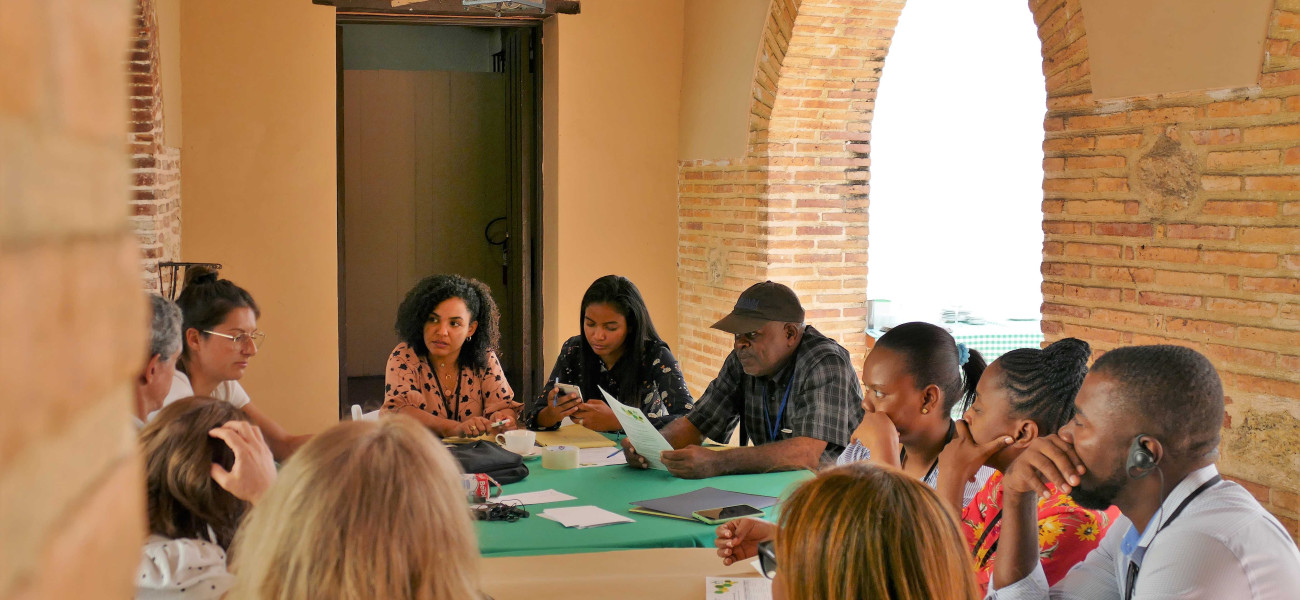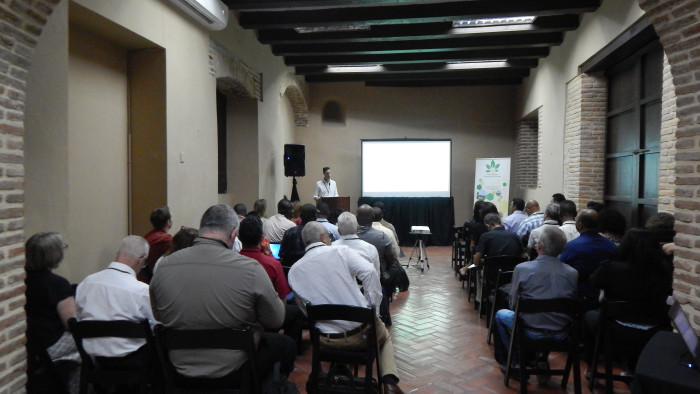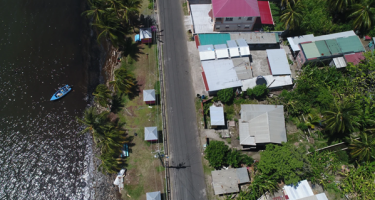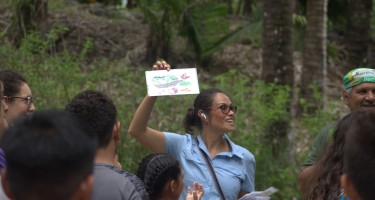Annual Meeting of Resilient Caribbean Communities Project Partners
For the seven partner organizations of the Resilient Caribbean Communities project, the annual meeting held in Santo Domingo was the second opportunity for a broad and participatory knowledge transfer with teams from all project countries.

© OroVerde - K. Weinhold
Systematically, partners from Cuba, Haiti, the Dominican Republic and Germany discussed the development of Ecosystem-based Adaptation (EbA) plans, solutions for multi-stakeholder partnerships, communication strategies and gender mainstreaming. These are all key components of the project, the core of which is the development of EbA measures to address climate change impacts. As replicable elements, these measures can be applied sustainably and in the long term beyond the regions and the duration of the project. Two equally intensive field days in the Enda Dominicana project region in the southwest of the Dominican Republic put theory into practice. Visits to many plots of land where adaptation measures are already being implemented ensured constructive discussions and valuable learning among the partners.
One of the elementary insights gained by the participants was that there is no single correct solution for the implementation of EbA measures, rather, it is necessary - for example, when setting up a coffee agroforestry system - to understand and take into account various specific factors in order to then be able to follow a tailored and goal-oriented strategy. This requires not only the expertise of the project staff, but also a good connection to the participating smallholder farmers in order to be able to take appropriate solutions based on their vast experience.
Thanks to the fruitful exchange and the new inspirations that each of the 40 or so participants took away from the shared time, the RCC project regions are now moving forward with new momentum toward further implementation. Strong ecosystems to promote resilience to climate change and secure the livelihoods of affected families are always the number one goal.

© Welthungerhilfe
- Country: Cuba, Haití, Dominican Republic
- Project:
- Contact:
Lucero Mateo


